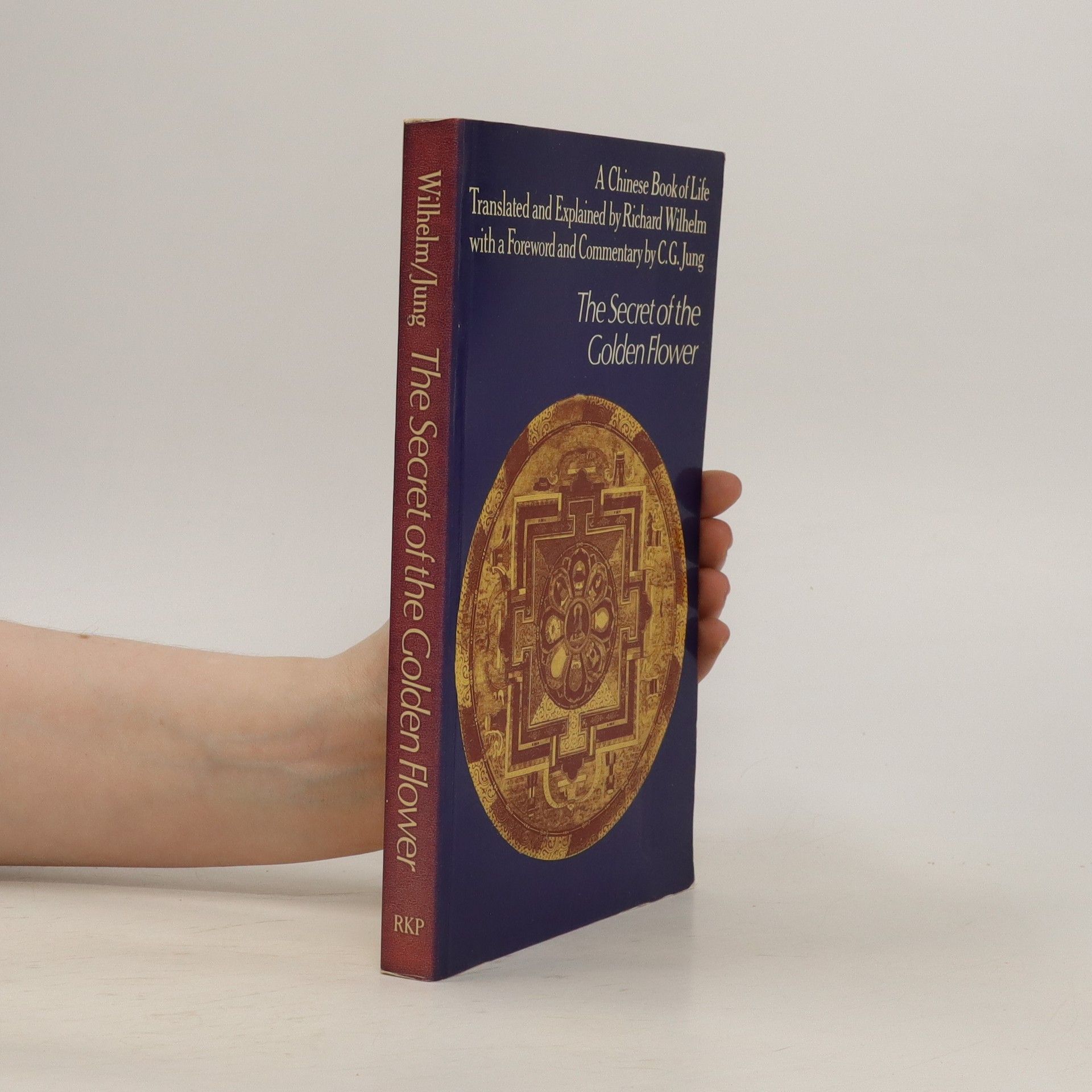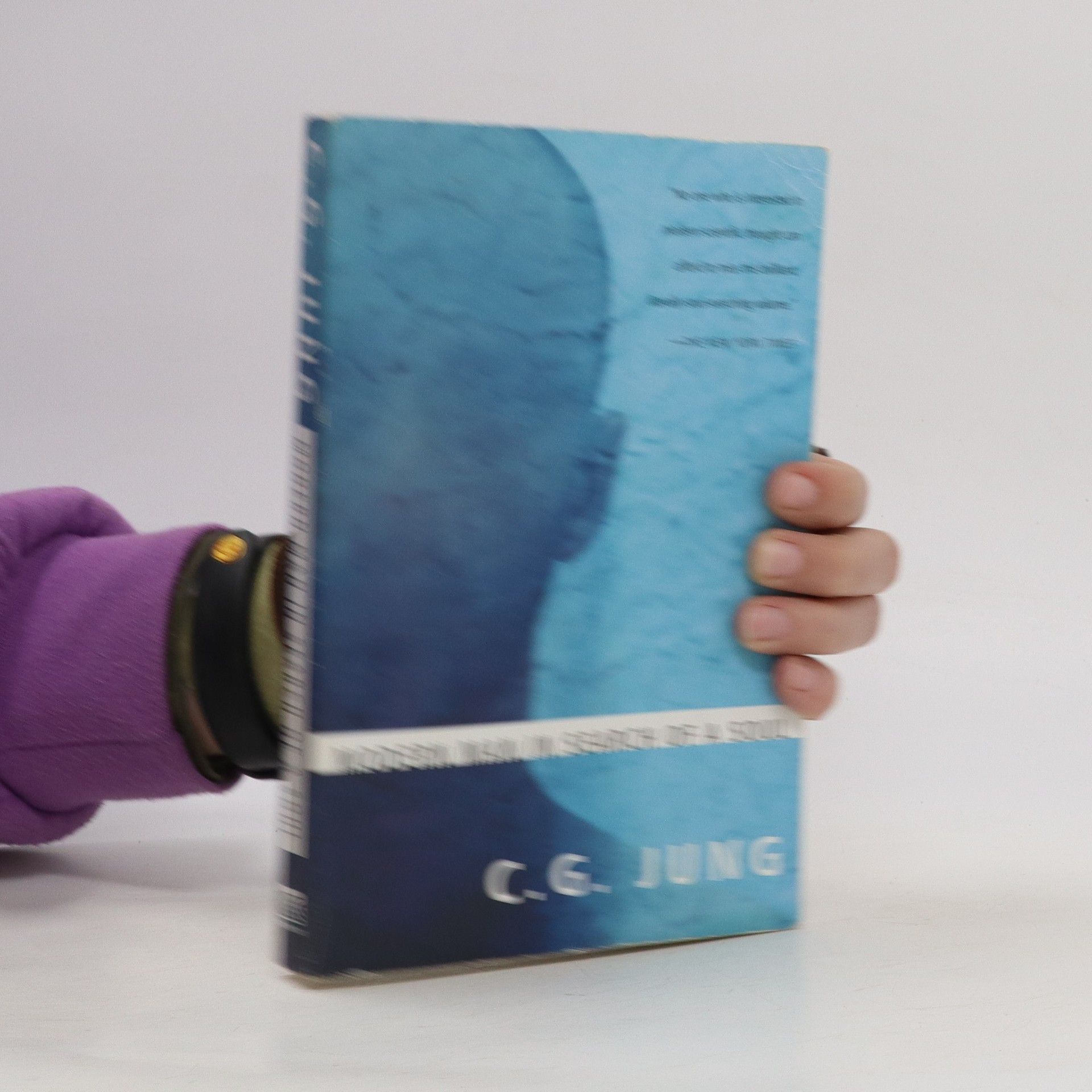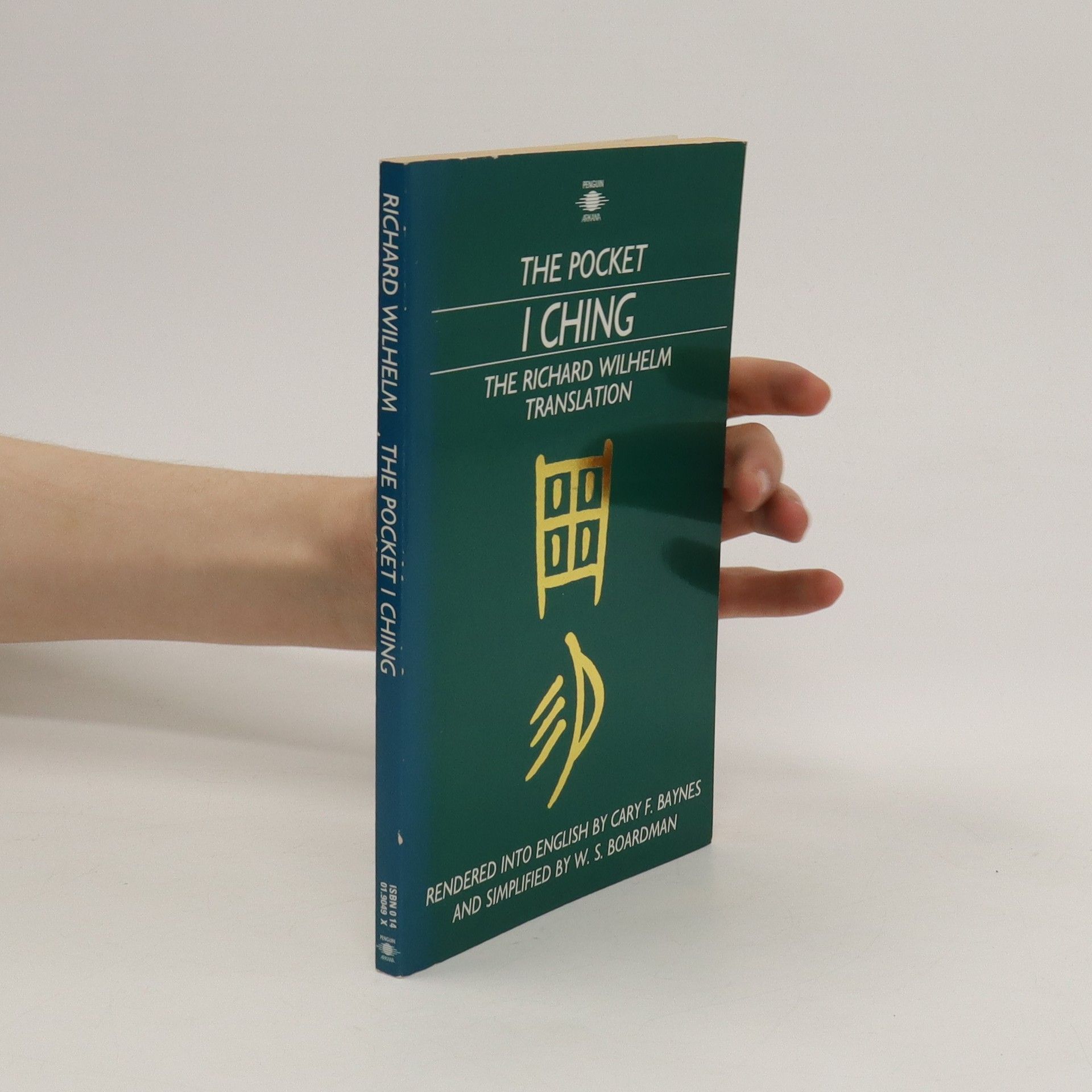The Pocket I Ching
- 130pagine
- 5 ore di lettura
This simplified pocket edition is for the modern reader who, it is admitted, may well be sceptical of a book of oracles. But W.S.Boardman suggests that we should approach it with an open mind, allowing it to remind us of the apparent preponderance in life of chance (which might yet be something else). Recommending the traditional way of working with the text - tossing coins - W.S.Boardman says this helps us to let go of our struggle to control events and to stop taking ourselves too seriously. Both assist the detachment that can unlock us and allow real changes into our lives.


